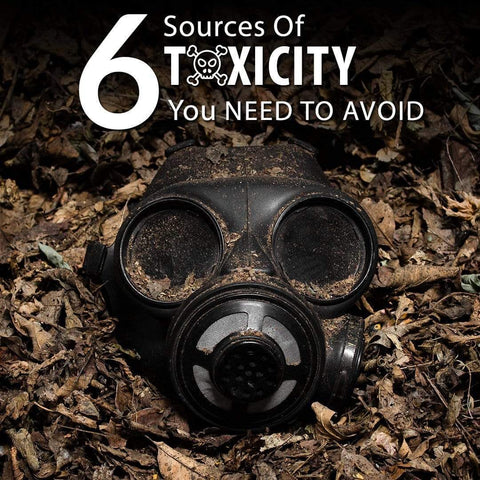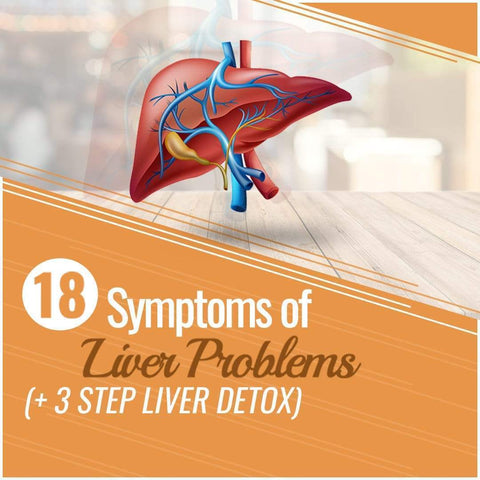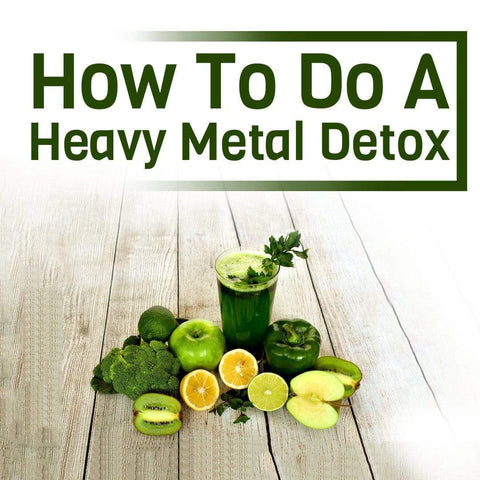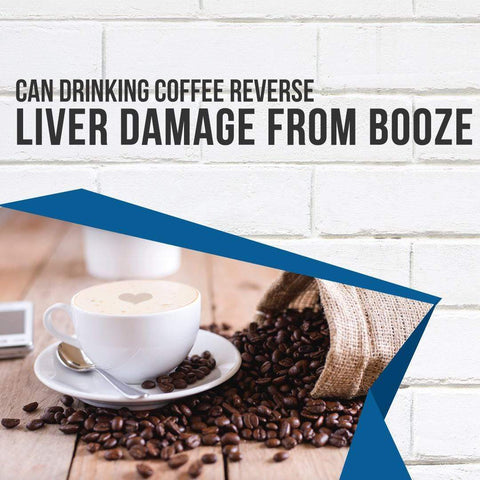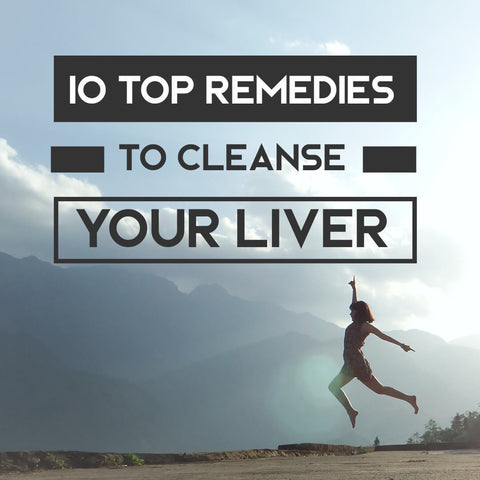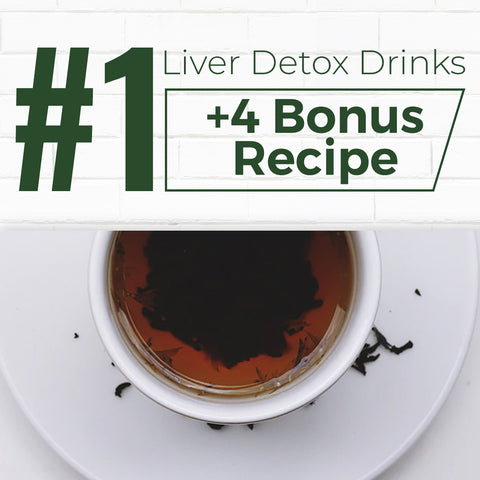
As more and more of the world becomes industrialized and as factories sprout up in previously undeveloped countries, our environment becomes even more polluted. The Earth’s oceans and waterways bear a large burden of this pollution. After all, over 70% of our planet’s surface is water.
Various types of pollution gather in the ocean. Perhaps the most important are plastics and heavy metals like lead and mercury. But who cares because nobody drinks ocean water, right? Wrong! These pollutants harm the entire ecosystem of the ocean, and importantly to humans, pollutants accumulate in the seafoods we consume. And although fish has historically been a healthy food, man-made pollution is compromising its health benefits.
Even though there are some pollutants in the ocean, wild caught fish is typically more unpolluted than farmed fish, which is raised in more heavily polluted conditions.
How Heavy Metals in Fish Affect Your Health
When you’re consuming tuna fish that has mercury in it, much of that mercury is absorbed into your tissues.1 Metals ingested from fish can be easily absorbed into your brain, where they wreak all sorts of havoc like impairing your memory and contributing to depression and anxiety.1, 2
Heavy metals like mercury, lead, and arsenic are some of the most toxic substances on the planet. They are toxic because they damage your cells and block the critical processes of metabolism. They damage DNA, cell membranes, and proteins, and they inhibit the processes that your body uses to make energy. They can “induce multiple organ damage, even at lower levels of exposure”.1
Plastics: Just like metals, plastic pollutants accumulate in fish, crustaceans, and even seaweeds.3 And in a terrible snowball effect, plastics increase the absorption of other pollutants into seafoods.3 Similar to metals, plastics cause damage and interrupt metabolism.
Exclusive Bonus! Download the FREE report ‘How To Detox Your Liver & Body in 3 Simple Steps’ by clicking here.
The Importance of Clean Choices
Pollutants are out there. It’s important to not let them in you! Here’s a critical point: metals and plastics ingested from seafood accumulate in your body over time, so it is very important to choose the source that provides the food you’re eating.
Contamination in Farmed Vs. Wild Salmon
Studies have shown that farmed salmon contains more plastics, pesticides, and some heavy metals than wild salmon.4 Specific types of pollutants like dioxins have been shown to be especially high in farmed salmon. Dioxins can suppress your immune system, and have hormone-disrupting effects.7
In addition, antibiotics are often administered to farmed salmon, and these drugs are proven to build up in salmon tissue.8 9 So if you’re eating farmed salmon, chances are you are getting an unnecessary dose of pharmaceutical drugs that carry side effects. That is hardly healthy!
Nutrition in Farmed Vs. Wild Salmon
In addition to its uncleanliness, farmed salmon also tends to have lower nutritional value. Farmed salmon has been shown to have lower EPA and DHA (health-promoting fats) than wild salmon.5 Interestingly, farmed salmon has lower vitamin D content as well. In one study, farmed salmon contained only 25% of the vitamin D found in wild salmon.6
How to Tell if Salmon is Farmed or Wild
It is very difficult to visually distinguish farmed salmon from wild. Pigment between the two types is very similar and is predicted to become even more similar as farmers use feeds that have similar carotenoid content to foods that wild salmon eat.10
The best way to determine if salmon is farmed or wild is to measure its fat content, and this method might be increasingly used to identify the origins of salmon.10 But probably none of us can identify the fat profile of salmon with our own eyes. And tragically, the mislabeling of fish has become somewhat common due to dishonest sellers and manufacturers.10
1. Season
Some experts say that there is a much higher chance of salmon being mislabeled if it is sold between November and March, because wild salmon is out of season during that time.11
2. Price
It is unlikely that wild salmon would be under $20 a pound.12 Closer to $35 a pound would be a more realistic price.
3. Size Consistency
Each fillet of farmed salmon is typically weighed and determined to be about the same size.12 Whereas, wild salmon is more likely to have a wider variety of fillet sizes. So when you’re looking at fillets side by side, look for a diversity in their size.
Cook Your Own: Grocery Stores are More Honest Than Restaurants
A recent investigation found that about 67% of salmon sold in restaurants was mislabeled whereas only 20% was mislabeled in grocery stores. Another survey found that when salmon is in season, only 7% was mislabeled in grocery stores.12
To be sure, wild salmon is healthier than farmed salmon because it typically contains less pollutants and antibiotics, and is more nutritious.
The most assured way of getting accurately labeled wild salmon is to buy from grocery stores in the April through September timeframe. Also use visual cues and pricing to guide your decisions. With these tips, you’ll do your best to avoid farmed salmon.
Have you been eating farmed salmon?
Poor diet and lifestyle choices, as well as everyday pollutants and toxins can have a harmful effect on your liver.
After all, it’s job is to act like one big detox factory. But sometimes it can get overloaded and could use a little help.
Help your liver perform at its best with a clean and natural detox.
Click here to download the FREE report by Nutritionist Evan Burns, which reveals how to cleanse and detox your liver in 3 steps. Yours FREE for a limited time.




